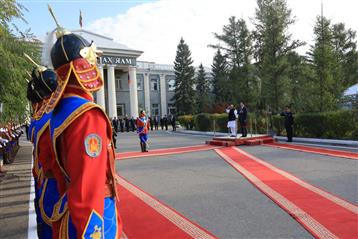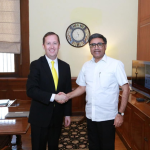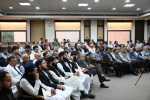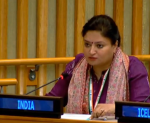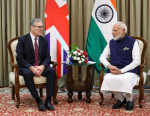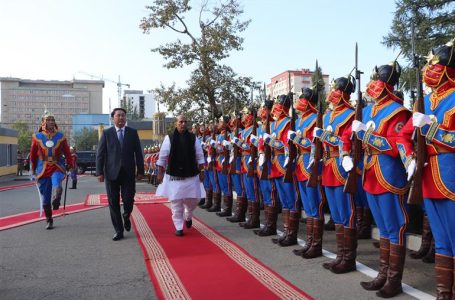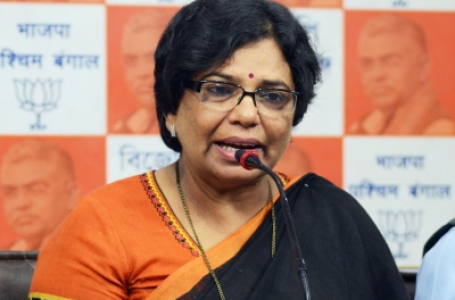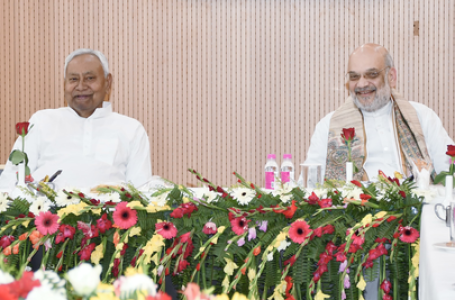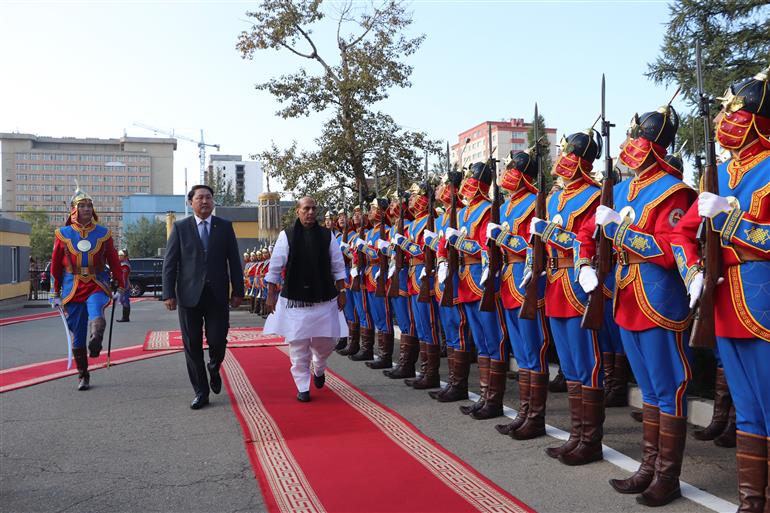
New Delhi, October 12: India is seeking to tighten its strategic embrace with Mongolia, a country that wants to reduce its overwhelming dependence on its powerful and bullying neighbour, China. It is for this reason that it’s hosting Mongolian President Khurelsukh Ukhnaa who is arriving in New Delhi on a state visit on Monday.
To a great extent, Mongolia’s reliance on China is determined by geography. Mongolia shares a border with China that’s a little under 5,000 km long. Besides, Mongolia is landlocked, sandwiched between two huge neighbours, China and Russia. While its location may have forced it to depend on these two neighbours, Mongolia has been seeking close partnerships with other countries as part of its stated policy of “Third Neighbours”.
India itself describes its ties with Mongolia thus–that the two countries are “Strategic Partners, Spiritual Neighbours and Third Neighbours”. In enunciating this policy, New Delhi has echoed Ulaanbaatar’s quest for “third neighbours” which essentially means it’s looking to diversify its partnerships beyond China and Russia. With Mongolia having said that its “third neighbours” policy aligns closely with India’s ‘Act East’ policy indicates its willingness to cooperate for mutual benefit.
India, located in the same continent as Mongolia and minus the expansionist tendencies of China, is undoubtedly seen as a valuable and trustworthy partner by Ulaanbaatar. The Mongolian President’s visit during a year marking the 70th anniversary of the establishment of diplomatic ties reflects the close ties between the two. Bilateral relations gathered further momentum when they were elevated from a comprehensive to a strategic partnership during Prime Minister Narendra Modi visit to Mongolia in 2015. He was the first Indian PM to visit Mongolia.
A crucial element of the 2015 visit was India’s announcement that it would provide Mongolia with a USD 1 billion LoC (Line of Credit) for infrastructure development. This LoC is being used by it to develop its first oil refinery. Intended to boost Mongolia’s energy security, India has provided further financial support to this project in subsequent years with the total assistance now pegged at USD 1.7 billion. This refinery is aimed at reducing Mongolia’s dependence on Russian oil–between 80 to 85 per cent of Mongolia’s transport fuel, including aviation, comes from Russia–and would certainly help New Delhi earn Ulaanbaatar’s goodwill.
A shared Buddhist heritage too is something that India can put to effective use in building closer ties with Mongolia. It’s for this reason that New Delhi lays emphasis on the two nations being “spiritual neighbours”, especially amidst Chinese attempts to appropriate Buddhism.
It’s not only its geo-political imperatives that are driving New Delhi’s push for closer ties with Ulaanbaatar. It’s also eyeing Mongolia’s rich minerals reserves, among them copper and coking coal. Transportation of these minerals to India remains a tricky course to navigate for India as it does not appear keen to have them shipped via arch rival, China.
The landlocked status of Mongolia has prevented bilateral trade with India from thriving though New Delhi has redoubled its efforts in recent years to give it a boost. China, on the other hand, is Mongolia’s top trading partner given the long border they share and the ease of moving goods.
Despite its dependence on China and its overwhelming influence, Mongolia has also been building strong and robust ties with India in defence. The two countries have an annual military exercise ‘Nomadic Elephant’. India has also been sending personnel from the Indian armed forces to be observers in the Annual multilateral peace keeping exercise ‘Khan Quest’ in Mongolia. In September 2022, defence minister Rajnath Singh became the first one holding charge of this portfolio to visit Mongolia. The visit signalled the importance New Delhi attaches to its defence partnership with Ulaanbaatar.
While India’s more recent overtures to Mongolia may be driven by strategic needs, the two nations have enjoyed warm and cordial relations even during the previous decades. India backed its bid for membership of the United Nations in 1961 and later the NAM (Non-Aligned Movement). Mongolia knows it has a reliable friend in India. And that China needs to be countered adroitly amidst its hegemonistic moves.
INDIA NEWS STREAM



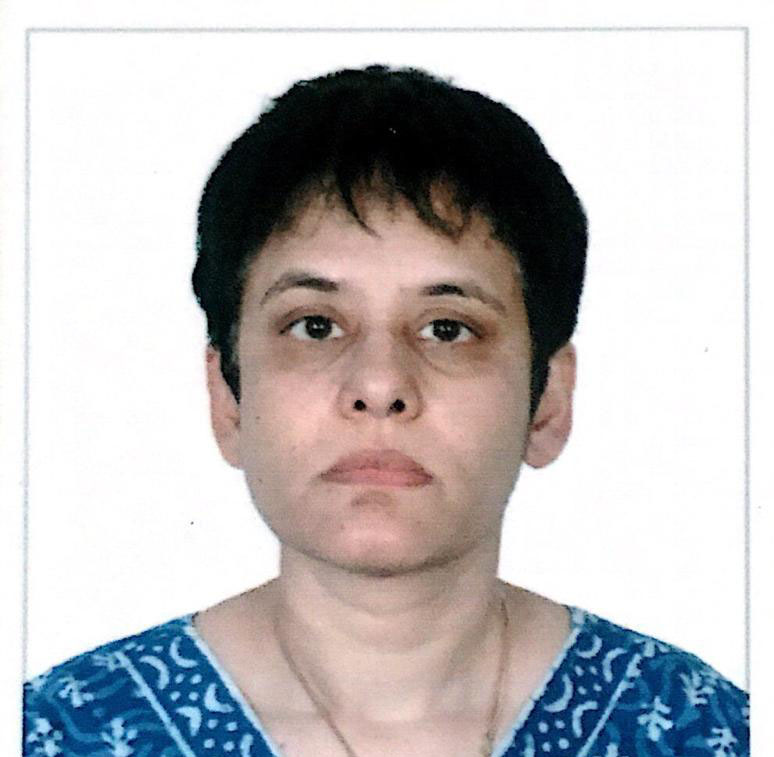 by Parul Chandra
by Parul Chandra
